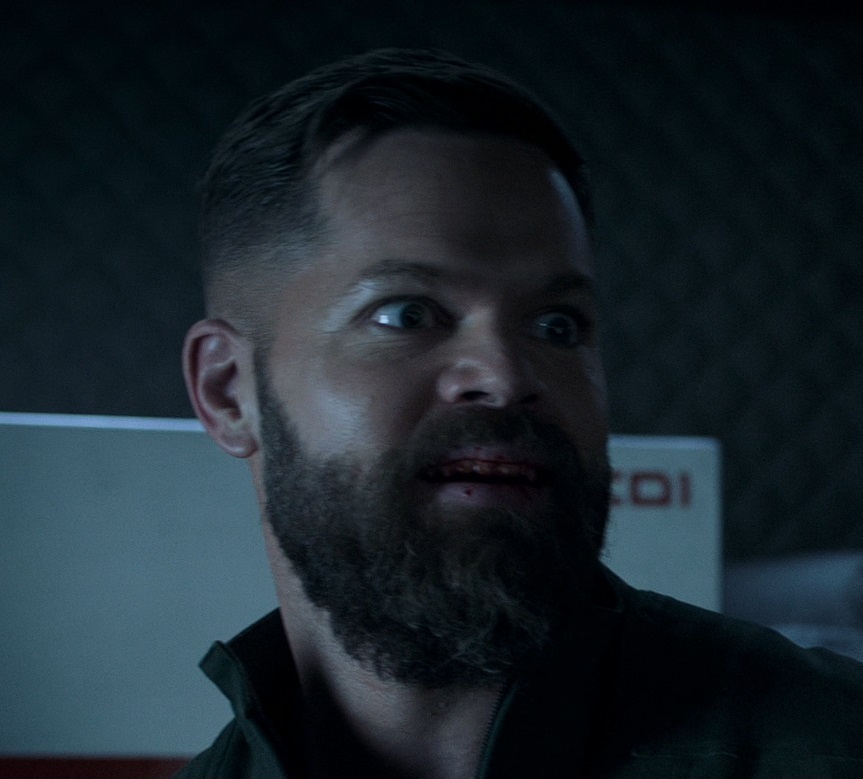Personally, I find Brown Dwarfs to be absolutely fascinating. An object that isn’t quite a planet and isn’t quite a star, but something in between.
What would one even look like? Would it look like a gas giant that’s glowing red, along with swirls of gas in its atmosphere like Jupiter? Or would it resemble a star and have a fiery surface like the sun? I prefer to imagine them as glowing gas giants but I don’t know how realistic that is.
Gas giants in general are fascinating to me as well, I really hope we send a probe into one of the gas giants with a camera before I die. I’d absolutely love to see what it looks like inside a gas giants atmosphere before the probe gets crushed by the increasing pressure as it descends.


The S-IVB-506.
This was the third stage of the launch vehicle for Apollo 11. After entering Earth orbit, the S-IVB rocket was responsible for the translunar injection burn. Once the burn was complete, the command module, LEM, astronauts and the spent rocket were then coasting to the moon. The astronauts would detach the CSM, pitch up, translate in, extract the LEM, then thrust with RCS to get clear of the S-IVB. At this point, the rocket is still on a coarse to the moon.
Many of them orbit between the Earth and moon to this day. One is speculated to orbit between the Earth and Sun. Many impacted the lunar surface, including the one from Apollo 13.
The S-IVB-506 rocket was the one that carried Apollo 11 to the moon. It’s a piece of human history, floating silently in a heliocentric orbit above us.